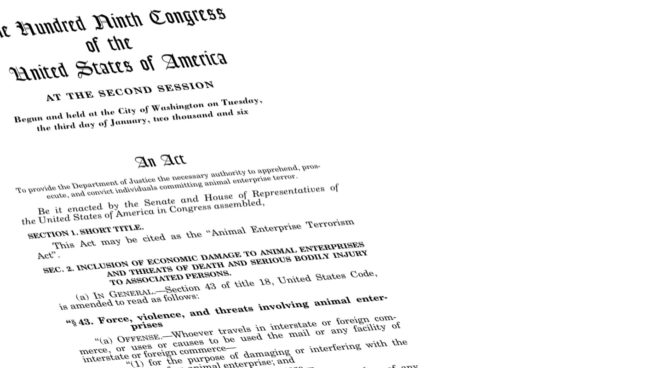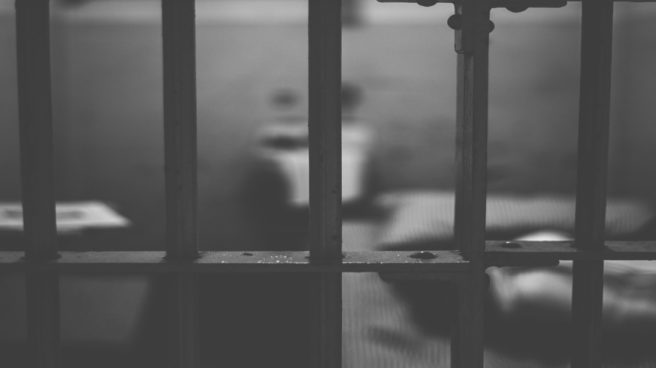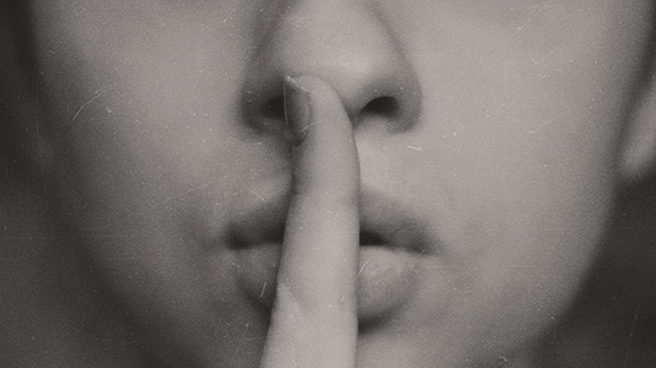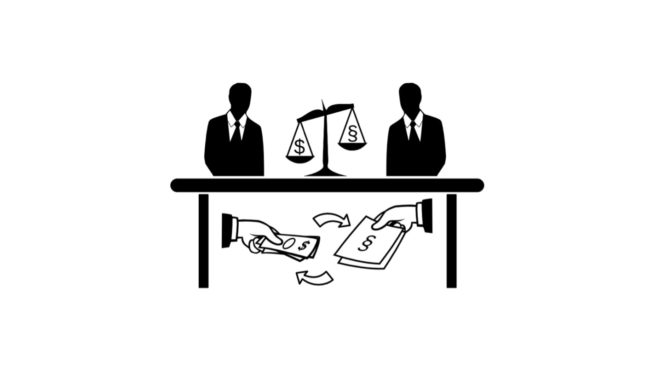Where do we draw the line when it comes to animal activism? When are certain actions compassionate vs criminal. When is saving a life an act of terrorism vs heroism?
Where do we draw the line when it comes to animal activism? When are certain actions compassionate vs criminal. When is saving a life an act of terrorism vs heroism? Is it okay to leaflet but not to protest? What about property destruction if is saves lives? What about theft? Sabotage? Where do we draw the line between crime and compassion.
Let’s take a look at the legal side of things. In the United States at least, the legal line is moving further and further in favor of criminalizing activism. The Animal Enterprise Terrorism Act (AETA) was signed into law on Nov 27th, 2006 by President George W. Bush. This act amended and expanded the Animal Enterprise Protection Act (AEPA) of 1992. The AETA makes “damaging or interfering with the operations of an animal enterprise” or “intentionally plac[ing] a person in fear of death or serious bodily injury” federal crimes of terrorism.
The Defending Dissent Foundation puts it this way:
The Animal Enterprise Terrorism Act (AETA)…criminalizes a broad range of organizing and protest activity, and brands it as ‘terrorism’. The law is intended to muzzle animal rights advocates, but it’s so broad that it could be used against virtually anyone who uses the internet to research or provide information about an issue, or who organizes a protest or boycott. Yes, it is that bad! That’s why we call it the Activism Equals Terrorism Act.
This is particularly true when considering that the AETA includes room for conspiracy charges, which allow for prosecution based not on an individual’s action alone, but on one’s connection to other people’s actions—regardless of participation or even knowledge of the specific actions.
The past decade has seen a number of prosecutions under both the AEPA and the AETA. These prosecutions have been notable in that they have both criminalized activity that is generally protected by the First Amendment, such as chanting and leafleting and also been used to enhance charges for direct actions which are already criminalized by existing federal or state statutes.
I had my own experience with this when I faced potential legal repercussions for a performance art piece in which I was branded with a cattle iron. Because I’m sure that harmed other people more than it harmed me….
What if you don’t steal anything, free any animals or destroy property. What if all you want to do is show what’s happening behind the closed doors of farm, factories, and labs? In most places in the US, this is a crime as well. Ag-Gag laws are becoming standard in states across the country. Ag-gag is a term used for a variety of anti-whistleblower laws in the US that prohibit the making of undercover videos, photographs and sound recordings. Kansas was the first state to enact an ag-gag law, in 1990.
Undercover videos are important for a number of reasons. They educate the public on what is really happening to produce their food, fashion, cosmetics, etc. They give a voice to the animals who suffer and die behind closed doors with no way to tell their story. They keep companies accountable for their actions. And, believe it or not, they help human society.
These bills are troubling not only for animal protection activists, but also for those concerned with food safety, labor issues, free speech, and freedom of the press. The bills would apply equally to journalists, activists and employees. By prohibiting any type of undercover recordings, a farm’s own employees would be prohibited from attempting to record food safety violations, labor violations, sexual harassment incidents or other illegal activity.
So the law protects the mink farmer using anal electrocution and skinning animals alive. It protects the vivisectionist performing cruel and useless experiments on conscious animals. It protects the farmer cramming a veal calve into a crate, lopping off appendages without anesthetic, and blatantly abusing animals. What the law does not protect and, in fact prosecutes is the people trying to stop all of this.
This whole situation is ass backwards. The law needs to stop criminalizing those who are trying to stop cruelty and start protecting those upon whom this cruelty is being inflicted. In the end, isn’t that what legal protection is supposed to do? Protect those who cannot protect themselves?
So you tell me. Who’s the real criminal? Let me know your thoughts in the comments and give the video a thumbs up if you liked it.
— Emily Moran Barwick







Love your videos. I’m not vegan….but the more I watch the more I think about it. I guess I am in that contemplation stage of change hahaha! Anyway, you are such an interesting and inspiring person…seriously! One of a kind. Really enjoy your work!
thank you so much, Hayley! I really appreciate you taking the time to watch, comment, and, more importantly contemplate :)